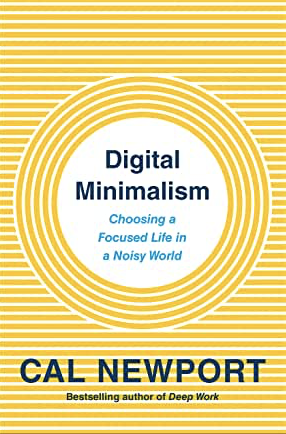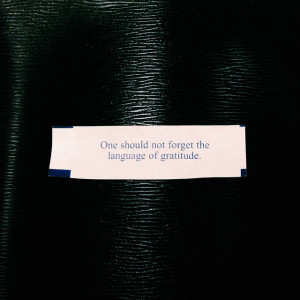This post is a part of The 15-Day Relationship Challenge. If you’re just now tuning in, click here for the whole series.
MORNING
Grace. Sweat the small stuff.
Good morning. Welcome to Day 9. Today is all about grace.
Several years ago, my wife and I were sitting around the room full of other couples. At the center of the room was the future bride and groom to be. Each couple would take turn answering this question: “What’s one piece of advice you wished someone would have told you about marriage?”
As the couples gave their answers, it covered the usually suspects: Letting things go; have lots of sex; don’t fight about money; and be quick to forgive. All in all, it was well meaning advice. The two couples that shared right before us essentially said the same thing, “don’t sweat the small stuff!”
When it was our turn to answer, my wife and I both said in unison, “show grace by sweating the small stuff!” We didn’t answer this as a rebuttal to the couples before us, but because of the importance of offering grace in relationship. We shared this advice because sweating the small stuff will help you heal the hurt, connect intimately, and get familiar with exchanging grace. Practice grace.
Showing grace implies forgiveness, acceptance, and a belief that your spouse is a better man/woman than what the offending action shows. It’s easy to get offended or hurt and turn away from them as protection. It’s hard to stay engaged and put hurt feelings aside and believe the best. Next time this happens in your relationship, offer grace by placing your hand on their shoulder or chest near their heart and say, “I don’t believe that you intended to hurt me, and that you do love and care for me.”
When we pay attention to the little things that go awry in our relationship, we are exercising our grace muscles. When the big issues hit us, we’ve got a bunch of practice together that we readily give grace. If we don’t sweat the small stuff, two things will happen.
First, we will become resentment machines. We’ll get hurt, brush it aside, and move on. But we’re really not brushing it aside, we’re either stuffing it or we are numbing out to the hurt. Neither of those are good options for relationships. Over time the stuffing makes us fat on resentment, and the numbing out makes us malnourished with indifference.
As if resentments weren’t a big enough issue, the second problem with letting things slide is that we won’t learn about each other. Talking about 100 little things is going to give you both so much insight into how you relate to the world. With this insight comes a ton of future opportunities to love and care for your spouse.
Grace allows us to be in conflict, quickly find resolution for the conflict, and move into intimacy instead of isolation.
Reflection Questions
- What did I think about my spouse in reading today’s material? Was it kind? Was it thoughtful? Was it loving?
- Did I have feelings, thoughts, questions, or stories that came to mind?
- What is something I can do for them today?
- How can I welcome and receive what they have done for me today?
Assignment
What “small things” have come up recently that you would like to practice giving grace to your spouse for?
What is one way that you can make yourself available to regularly offer grace to your spouse?
EVENING
Hello! Welcome back. Great to see you again. How was your day?
Grace is a beautiful act of kindness, but sometimes we take advantage of it. Be careful to not confuse grace and enabling behaviors. We can also think we’re giving grace when we’re actually enabling someone else’s disruptive behavior. A good rule of thumb for this grace and enabling has to do with the difference of hurt and harm. Hurt is something that happens in the regular coming and going of relationships. Harm is something that happens with intentionality as pay back, punishment, or power and control.
Take 10-15 minutes tonight with your spouse to talk through your day.
- What were the highs and lows?
- Where were you surprised?
- Was there anything different about your day because of the assignment(s)?
- From this mornings reading, what stood out to you?
- If you’re willing, share your answers to the assignment.
Bonus: Assignment Connection
Practice sweating the small stuff by bringing something up that was a “small event,” and be quick to forgive, and quick to resolve.


